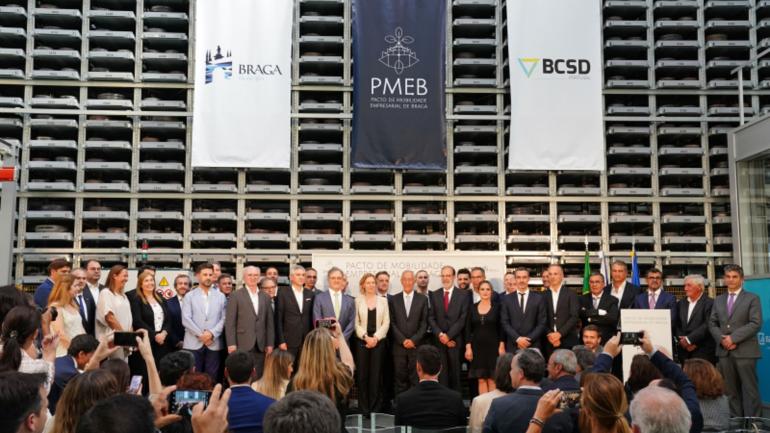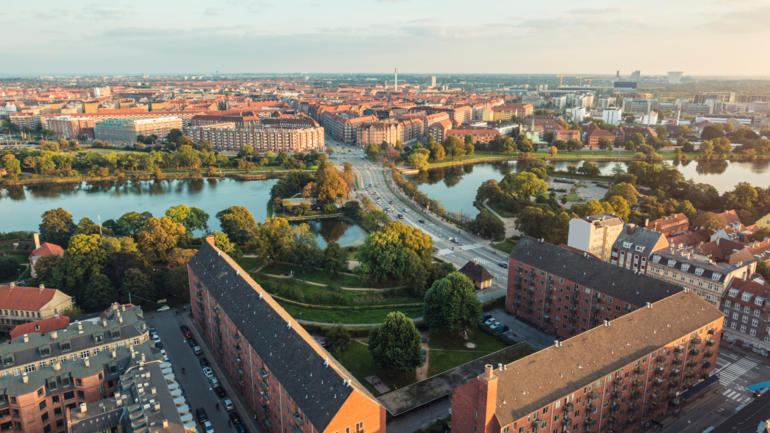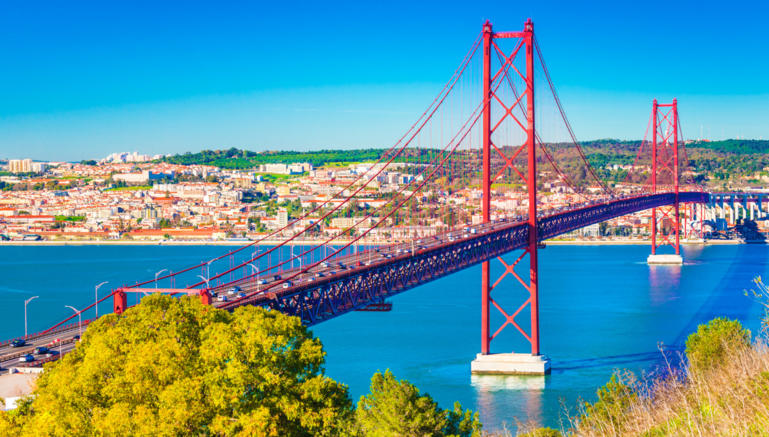2016 proved to be a key year for urbanization. On 15-20 October, 30,000 representatives from national and local governments, international organizations, businesses and civil society joined Habitat III, the third United Nations Conference on Housing and Sustainable Urban Development, in Quito, Ecuador. In the history of the United Nations (UN), Habitat III has had the strongest participation of civil society, stakeholders and local authorities with more than 2,000 representatives from local governments.
What this means for business
Cities have long sourced business solutions to design, build, operate and maintain major infrastructure and services. As the urban landscape becomes increasingly complex and interconnected, business has a growing responsibility and key role to play in addressing the sustainability challenges we face. There is an urgent need to scale-up engagement models that will allow cities and businesses to collaborate early in the planning phase and leverage the full innovative capacity and resources of the private sector.
In the light of this overarching objective, we co-chaired the Business and Industry constituency group of the General Assembly of Partners (GAP) of Habitat III, together with our member company Arcadis. Through 16 partner constituent groups each representing a different stakeholder group, GAP has fostered inclusive dialogue, developing common positions on key principles and thematic areas in preparation for the New Urban Agenda, the outcome document of Habitat III. GAP has been a high- impact platform in channeling business input and expertise into the New Urban Agenda.
At Habitat III, we organized the Business Assembly and the Business and Industry Roundtable through which we:
- successfully positioned business as a key solution-provider and facilitator for broader multi-stakeholder collaboration for sustainable cities. The New Urban Agenda recognizes the important role of business in implementation.
- explained the business case for early city-business engagement and nurtured link to cities to replicate effective collaboration models globally;
- with the help of best practice examples from around the world, demonstrated how business can support sustainable, inclusive and resilient urban development through a holistic approach and explored new strategic themes;
- shared lessons learned and explored mechanisms for building stronger partnerships for creating sustainable value through accountability and transparency.
Part of the official conference program, both of our events were attended by high-level participants from national and local governments, international organizations, business and civil society. Keynotes included renowned figures such as:
- Peter Thomson, President of the United Nations General Assembly;
- Dr. Joan Clos, Executive Director of UN Habitat;
- Denis Coderre, Mayor of Montréal;
- Khoo Teng Chye, Director of the Center for Liveable Cities in Singapore;
- Nancy Stetson, U.S. Special representative for Global Food Security;
- Ashok-Alexander Sridharan, Mayor of Bonn and First Vice-President of ICLEI;
- as well as CEOs (Thomas Pichler of Doppelmayr, Nick Traber of Holcim Ecuador, Naoko Ishii of GEF) and other high-level representatives from business (PwC, AkzoNobel, Michelin, BYD, Veolia, Engie, Philips, Pronaca, Arcadis and Smart Cities Advisors), national and local governments, NGOs (WRI, World Vision, SDI) and academia.
The New Urban Agenda is the new business agenda
Twenty years after the last gathering in Istanbul, Habitat III saw the adoption of the New Urban Agenda by nearly 170 countries. The New Urban Agenda is a global framework for action that will influence the United Nations’ sustainable urbanization strategy in the next 20 years. But above all, it’s a strong call to recognize that the complex challenges of urbanization can only be addressed by multi-stakeholder collaboration.
Importantly, the New Urban Agenda clearly emphasizes the role of the private sector in catalyzing sustainable urbanization and calls on businesses to form partnerships and implement innovative solutions. It sets out a long-term, integrated and people-centered vision, commits to empower local governments in spearheading sustainable urban development and advocates for participatory approaches in local decision-making, implementation and follow-up.
Finally, the New Urban Agenda supports a shift towards proactive approaches to enhance resilience and embraces modern concepts such as resource efficiency, circular economy and ecosystems-based approaches. It therefore represents a great opportunity for business to showcase leadership and advance transformative urban solutions. For forward-looking companies, the New Urban Agenda is the new business agenda.
A sustainable future for our cities?
The New Urban Agenda has been praised for its focus on a strengthened role for local governments, its progressive view of equity, and its emphasis on strong urban planning principles. On the other hand, the document lacks prescriptive actions and clear metrics for monitoring progress. There are also concerns that the New Urban Agenda is weakly interlinked with the SDGs and the Paris Agreement, as it does not incorporate a roadmap for the implementation of these agreements in cities.
Habitat III was also home to the launch of the Quito Implementation Plan, voluntary commitments by various partners to reinforce the implementation of the New Urban Agenda. These commitments seek to be measurable and achievable actions that include information for future accountability and transparency. In this, they are meant to be a significant complement to the New Urban Agenda.
The fate of our cities will depend on how successfully we will build on Habitat III’s legacy of partnership and collaboration. Once again today, national and local authorities will come together at the Cities Day at COP 22 in Marrakesh to focus on the decisive role of cities in the fight against climate change. With a guiding framework for cities now firmly in place, business has never been in a stronger position to act.
At WBCSD, we will continue to drive business action to build sustainable, resilient and inclusive cities. We will use our Sustainable Cities Framework, launched in Quito, to replicate successful city-business engagement, take lessons forward, form partnerships and support national and local governments in building the cities we need.








